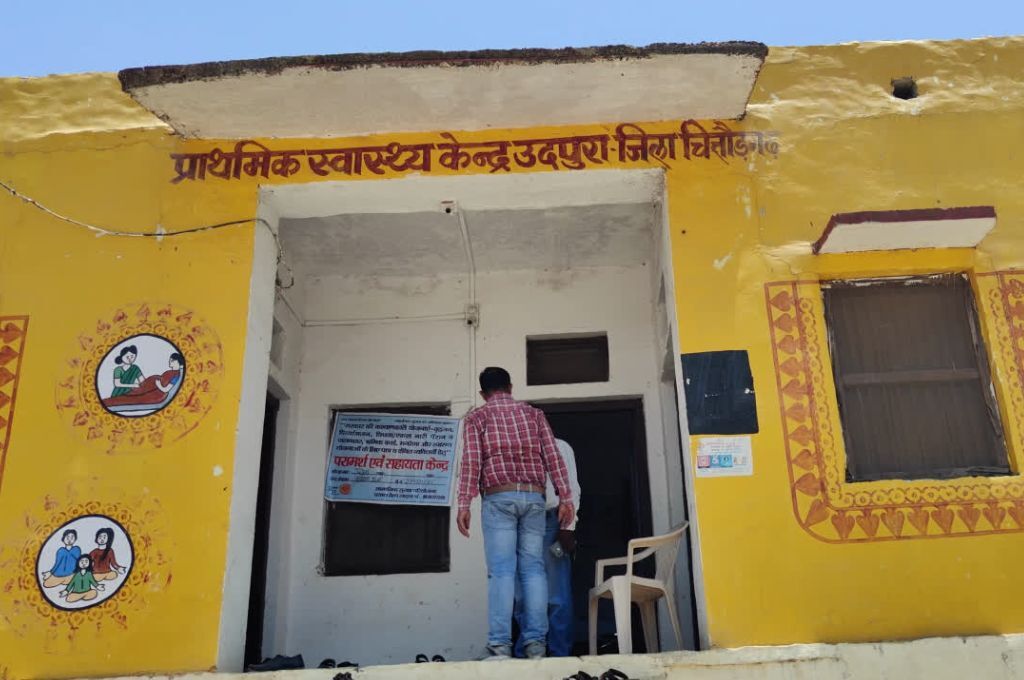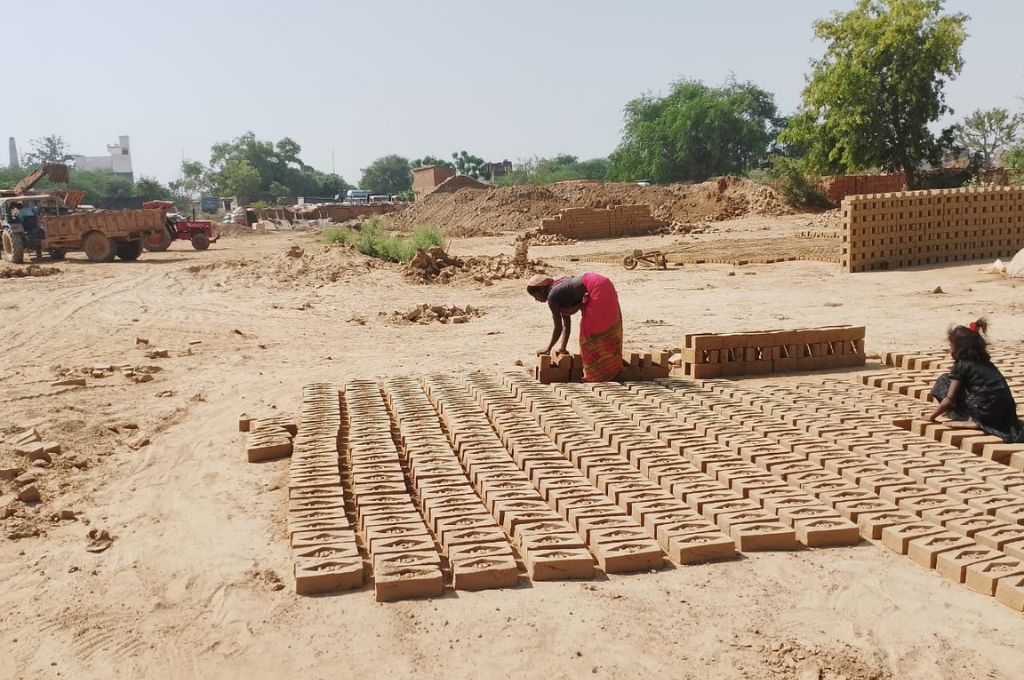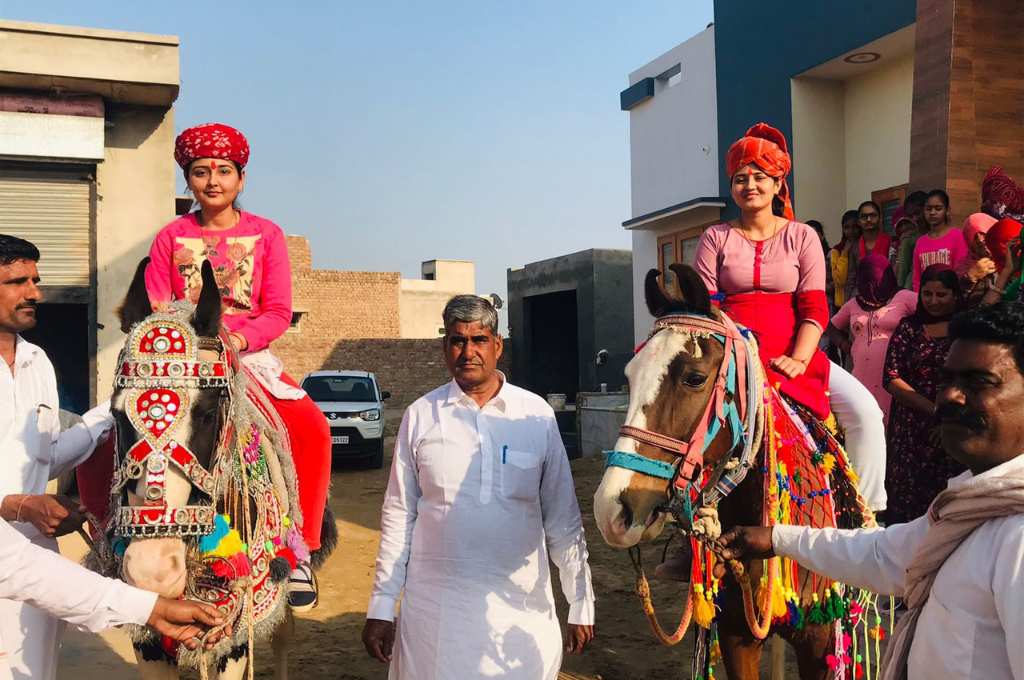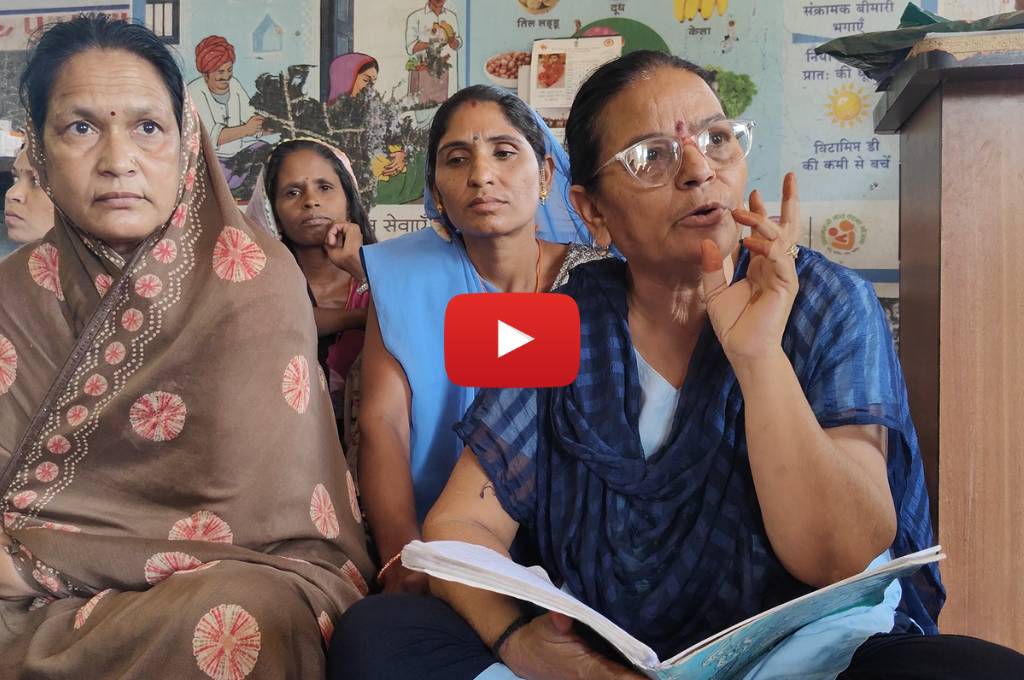READ THIS ARTICLE IN
Picking stones for a living: West Bengal’s riverbed jobs
The rivers that flow through Alipurduar district in West Bengal have become the main source of livelihood for the residents. Many people here survive by picking stones and collecting sand from the riverbeds.
The sand and stones are loaded into tractors and taken to the crusher, where the stones are broken down and made suitable to use for construction work. After this, the crusher owner and people associated with the business sell the raw materials to other areas and they are used in construction.
Some of these sand and stone collectors are also employed in the tea gardens, but these gardens aren’t profitable and many have closed down after the owners declared bankruptcy. If people don’t collect stones, they might just have to migrate to survive.
However, many locals say that due to the extraction of stones from the riverbed, the blocking capacity of the rivers is decreasing and their depth is increasing. They also mention that polluted water from the adjacent industrial areas of Bhutan flows into the rivers more easily now.
Rahul Singh is an independent journalist based in Jharkhand. He covers the eastern states of India in his work, reporting especially on environmental and rural issues.
—
Know more: Read more about why workers in West Bengal’s tea gardens are seeking alternative livelihoods.
Do more: Connect with the author at [email protected] to learn more about and support his work.



